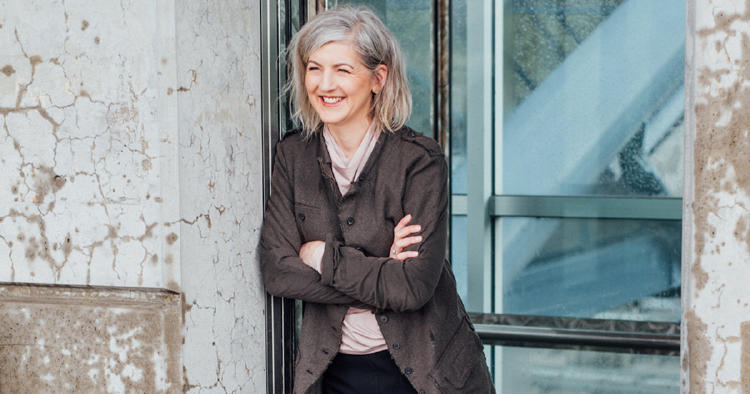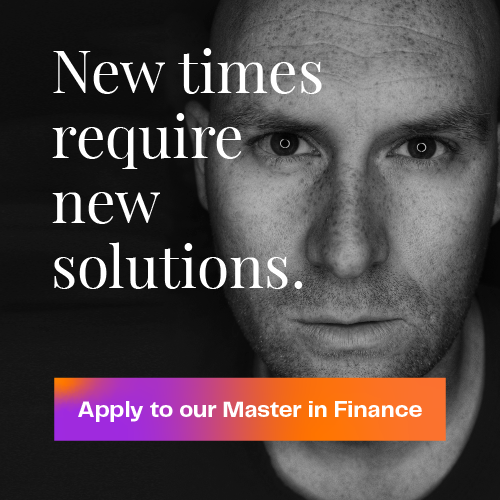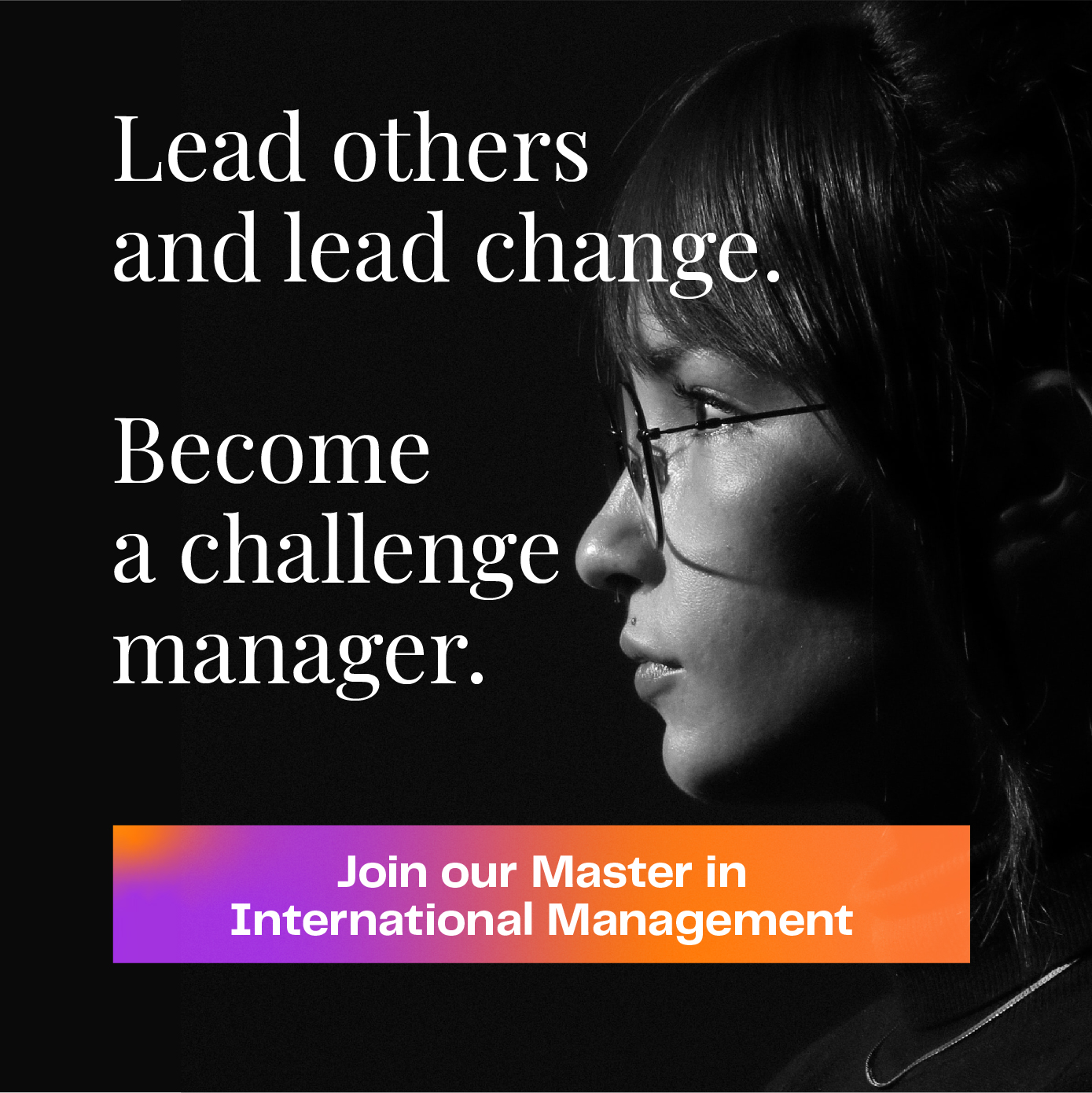Artificial Intelligence is undoubtedly the most promising tool at our disposal. Due to its capacity for autonomous learning and calculation, its field of application in areas such as medicine, economics or engineering, to name but a few, complements human skills and in many cases, it must be admitted, improves them.
But can Big Data be used for the common good?
Clicking for the good
The South Korean philosopher Byung-Chul Han pointed out, in his March 2020 article entitled "The Viral Emergency and the World of Tomorrow", that Big Data was a far more effective strategy for combating the virus than the border closures being carried out in Europe.
This is because data is predictive and prescriptive: it is not only valuable for stating what has happened, but also, and more importantly, for stating what is going to happen.
Every day at every moment we produce data by smartphones, computers and other devices. Companies analyze it to better understand consumers and offer them products and services that better match their lifestyles and personalities.
The more data, the more reliable the AI software algorithm. But it's not all about getting us to click on a link, data can also be responsible.
Data can be Kind
DataKind is leading the Data-For-Good movement. Founded a decade ago by Jake Porway and Drew Conway, their mission is to put the power of Data Science at the service of humanity's biggest challenges.
They do this through events like the weekend-long DataDive. 48 hours in which data scientists volunteer their time to social projects, whose purpose is to help other non-profit organizations and small government agencies solve their problems with data.
Datakind's specific focus on social good can be seen through its work over the past ten years:
1. Catalyzing the redevelopment decision in environmentally at-risk communities in the United States, by targeting the variables in the data that most or best predict the cost of brownfield cleanup, and building prototype models to determine those variables.
2. Gathering data from social organizations in the UK to help homeless people discover new patterns before they become homeless.

3. International Human Rights is another focus of their efforts working on the HURIDOCS database, designed to preserve and collect information for advocates and with Amnesty International USA.
4. Machine learning to help rural households access electricity in India using historical customer payment behavior data as a predictor.
They are committed to giving the same access to data science resources that Wall Street and Silicon Valley have to provide new insights to the social sector.
Community Impact
"Empowering people at scale" can be seen as the claim of the NGO Bayes Impact. Paul Duan, one of MIT Technology Review's Innovators Under 35, is the founder of this social organization that straddles Silicon Valley and Paris. His goal is also to solve some of the world's problems with Big Data and AI.
Bayes Impact's solutions are developing more resilient communities in Ghana by fighting fraudulent microcredit; in France by improving job seekers through an AI-driven app called Bob; or in the US by helping to reduce police violence in California.
Can we create a social competitive advantage for the common good?
Public services have already been improved by AI. At its command, it has been shown to increase welfare standards more efficiently than human data analysis. This is not to say that humans are expendable.
In the words of Amit Ray, famous AI scientist: "As more and more artificial intelligence is entering the world, more and more emotional intelligence must enter leadership.”
Are you interested in positive social impact too? Take a look at our Master's degree in International Management, in Finance and in Talent Management, we're looking for you.


